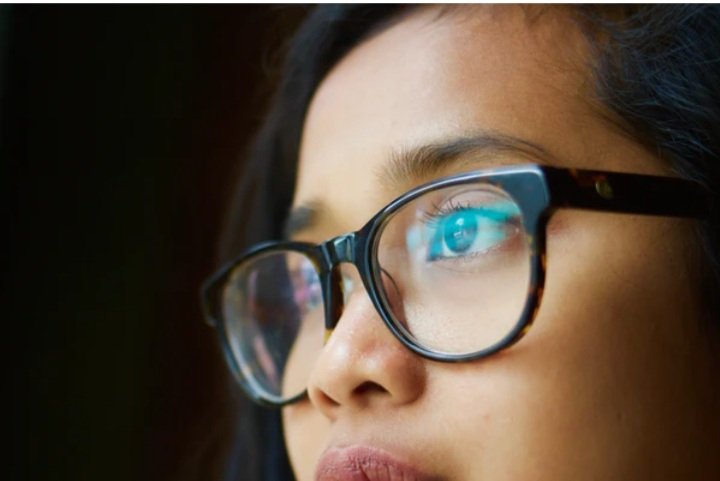
Indeed,,from Amazon!” list, you will almost always find one item: blue light-blocking glasses. At the height of the COVID-19 pandemic, we irradiated our eyes with blue light — by staring at smartphones, televisions, and computers far more often and for longer periods than we did during pre-pandemic times. Suddenly, people started eyeing light-blocking glasses to reduce eye strain. But do these glasses actually help, or are they just a scam?
At first glance, whittling down our exposure to blue light makes scientific sense. Blue light is critical in maintaining our circadian rhythms, which are the natural cycles our body goes through in a 24-hour period that dictate waking and sleeping. But timing is key in the way blue light controls our bodies. During the day, blue light activates the parts of our brain required for attention; at night, however, it blocks the production of melatonin, a molecule that induces sleep, and increases alertness.
This is why some researchers have used blue light-blocking glasses to see whether they can improve sleep quality. Studies have found that blue light-blocking glasses improved sleep in people with Parkinson’s disease, delayed sleep disorder, and insomnia. In fact, the use of blue light glasses promotes advanced sleep onset and melatonin production, suggesting that they could indeed be helpful in regulating sleep.
However, this may not hold for individuals without sleep disturbances. An analysis of many studies found that blue light-blocking glasses did not improve sleep quality for the general population. It’s possible that these glasses only benefit individuals who already have some type of sleep disorder.
Furthermore, blue light glasses can’t reduce digital eye strain — characterized by dry eyes, headaches, and blurred vision — because it has nothing to do with blue light exposure. Mark Rosenfield, one of the researchers who debunked such advertising of glasses sellers, suggests instead taking breaks often and increasing the viewing distance to reduce digital eye strain.
Whether blue light-blocking glasses help the rest of the population and how still remain to be studied. So, while these glasses may improve sleep quality for some, it will be just as necessary to reduce our exposure to digital devices as much as we can. So, if you need an excuse to decline yet another Zoom meeting, consider your eyes please!